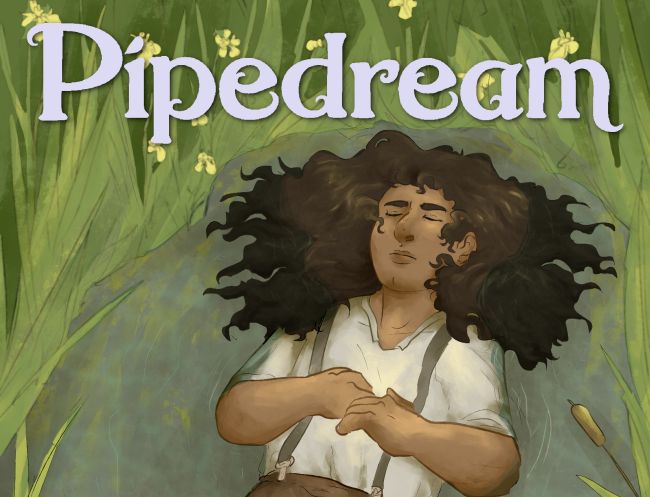Can you play and run Dungeons & Dragons without all the violent encounters and killing?
What fantasy and sci fi RPGs would you recommend as an alternative to the traditional slay the adversary and take their loot model?
Is it possible to separate "violence" and "killing"? A game could be violent, but have no killing. Conversely, a game could involve a lot of death but little violence.
If you're willing to put the time and effort into it, D&D 3.X actually had a lot of options for non-lethal combat. There were many choices that resulted in non-lethal damage, including subdual damage for both physical attacks and spells. However, building an entire campaign that only offered these options to players would be a bit of work, both in terms of dealing with native crunchiness of 3.Xe, and hunting down all the optional rules from multiple books. But I think it could be a great way to handle a violence-without-death campaign if the DM was willing to invest in it.




